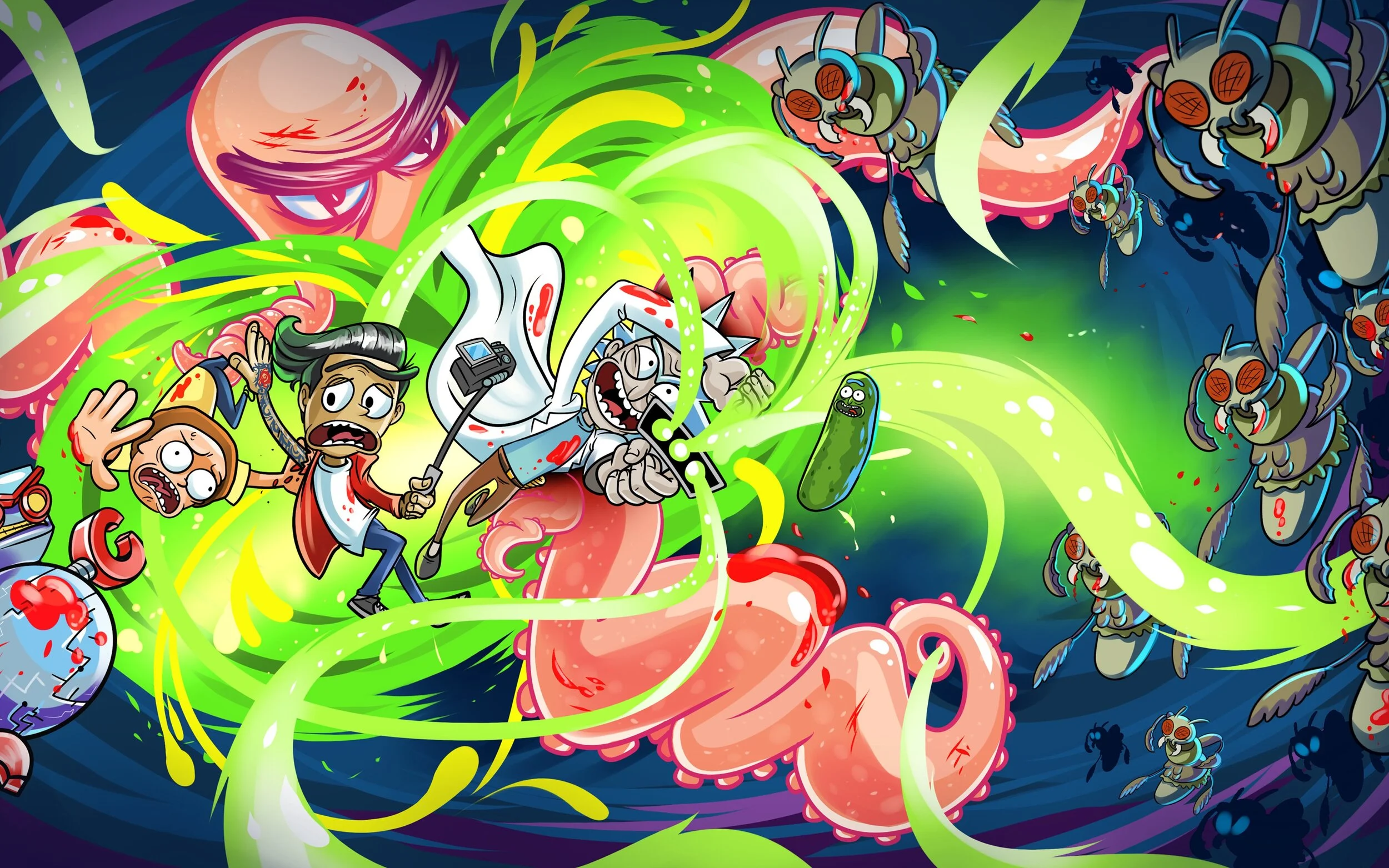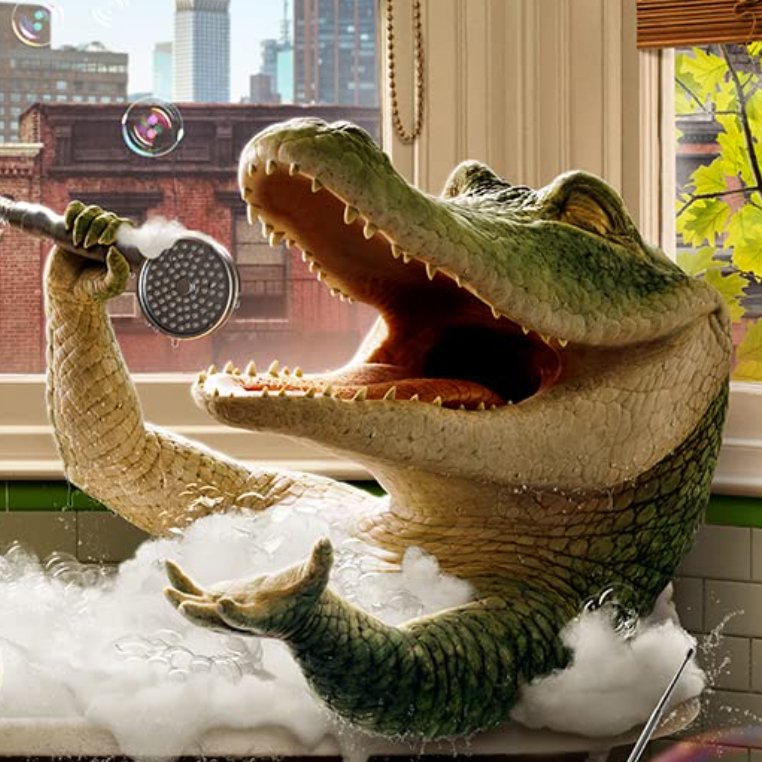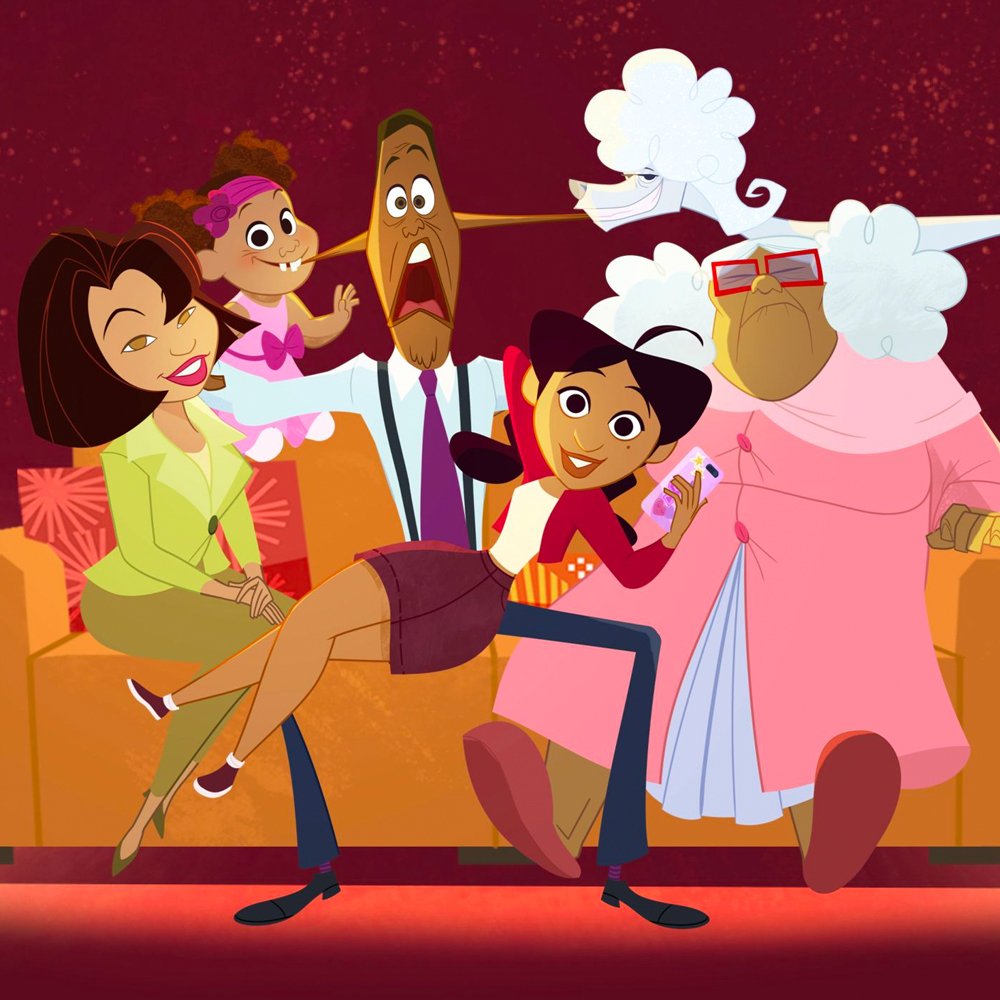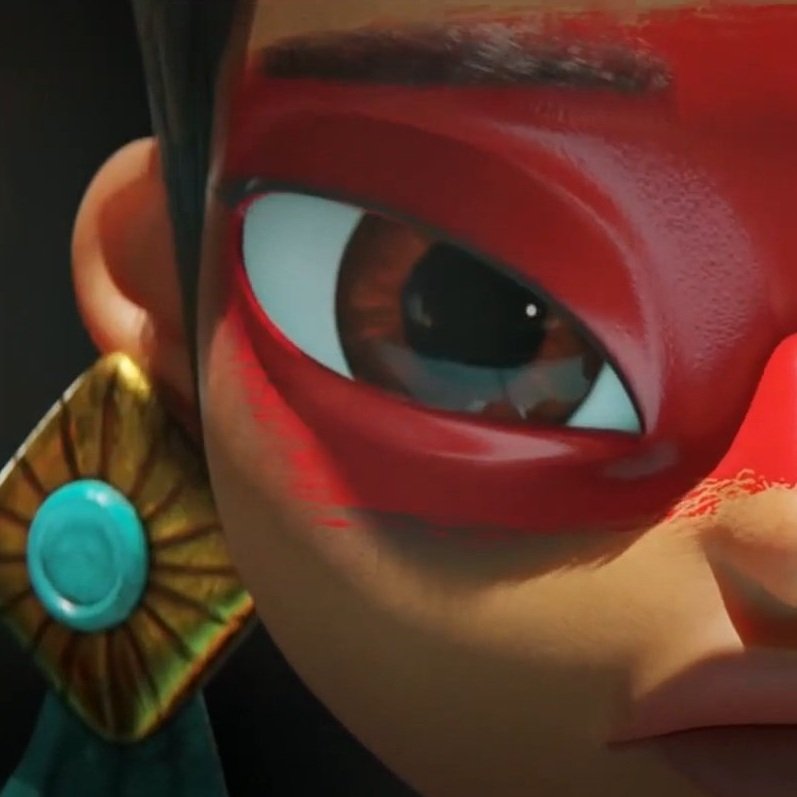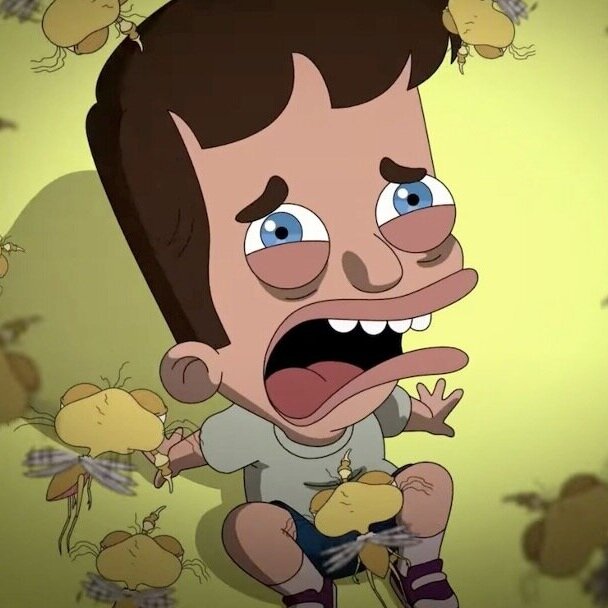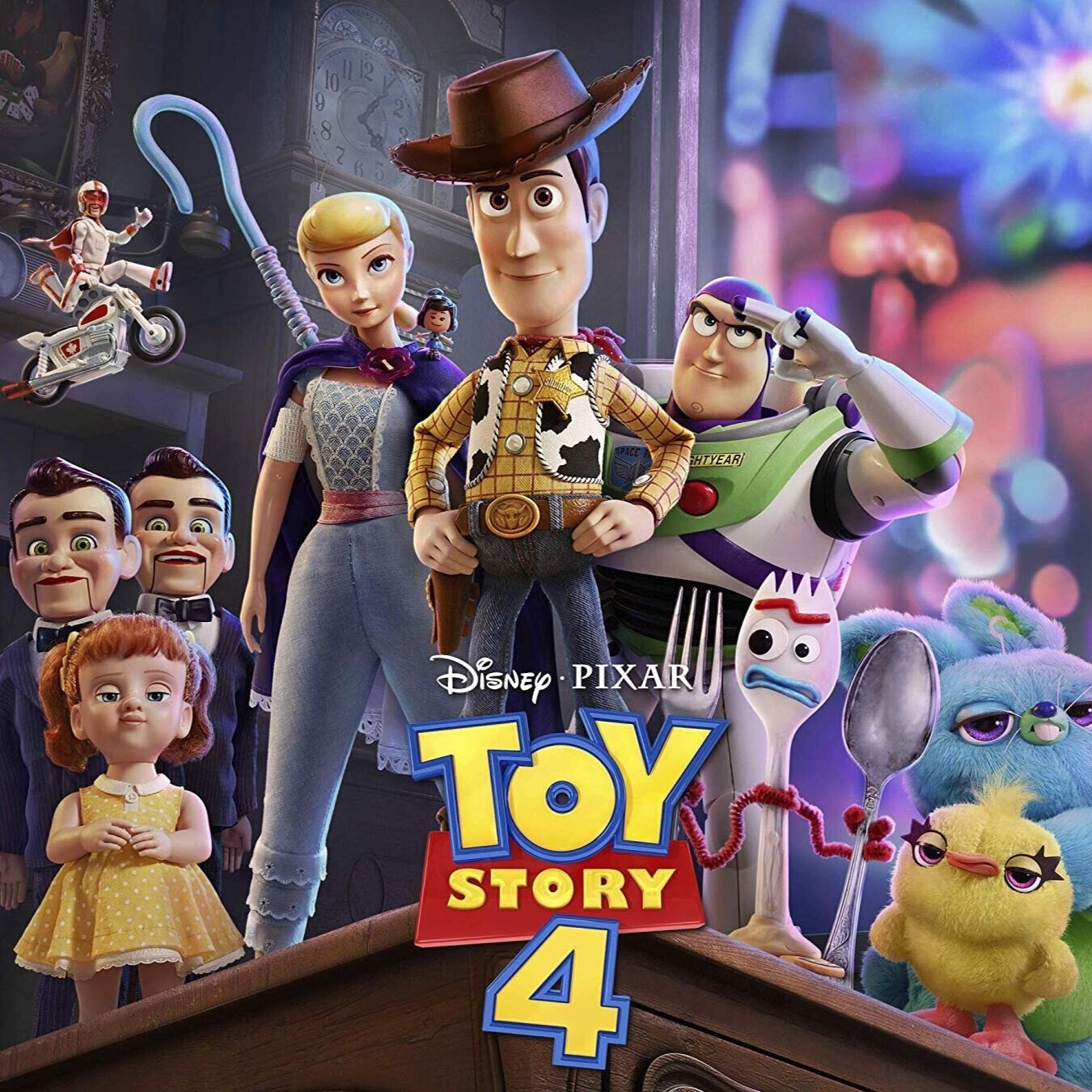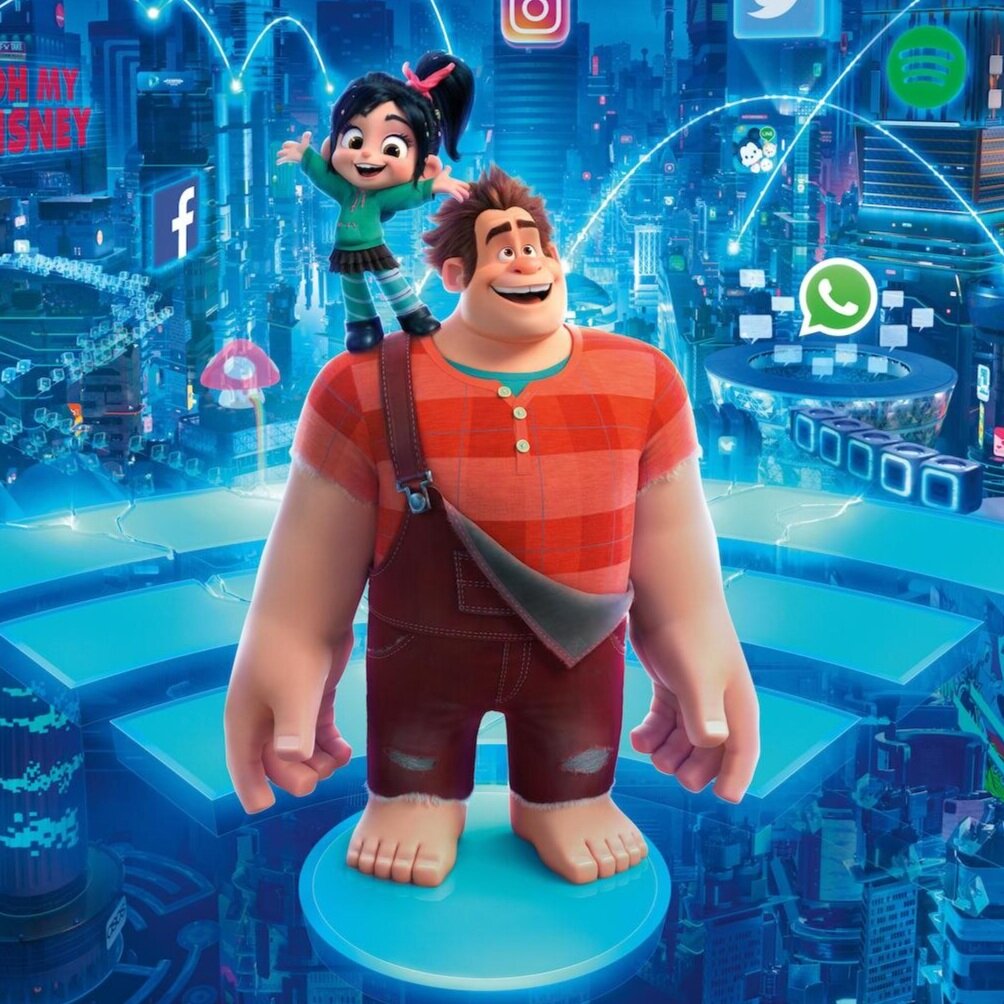Rick and Morty S3E8 Recap: Mortys Mind-Blowers
Since last week’s Rick and Morty episode was a tour-de-force of depth and narrative development, I felt a bit disappointed learning that the next one would retread the “interdimensional cable” formula, like it does with every season. It’s not a bad formula - before "The Ricklantis Mixup," the first iteration of "Interdimensional Cable" was my favorite episode. Each commercial’s incredible improv and creativity was endlessly entertaining. They were presented alongside an examination of the deep, emotional flaws within Beth and Jerry’s marriage. To put it simply, the commercials eased the tension of one of the heaviest episodes of the series, and the contrast made the commercials themselves much more memorable. In the second iteration, the side story was just as if not more absurd than the commercials presented, making them feel very tacked on and made the episode feel imbalanced. Fortunately, "Morty's Mind-Blowers" was more substantive and unique. Instead of watching the characters watch random commercials from other dimensions, we now get to see all the memories Rick decided to hide from Morty, whether it be because Morty wanted them gone...or because Rick wanted them gone, as we soon come to realize.
Recap:
The episode begins with Rick and Morty being chased by a villain in an MC Escher-esque dimension. Morty is holding the "Turtle of Truth", and, despite Rick’s warnings, looks into the turtle’s eyes, which grants Morty infinite knowledge of the universe. Unable to handle this grave knowledge, Morty throws the turtle into the abyss, much to Rick and the villain's dismay. When they get home, Morty is still disturbed and unable to watch interdimensional cable with Rick, so Rick decides to wipe the memory from his brain, taking him to the archive of all the previous memories Morty had begged Rick to remove. The room is filled with many vials containing the memories: some blue, some red, some pink. Rick refers to them as “Morty’s Mind Blowers,” and playfully points out to the audience that “we’ll be doing this instead of interdimensional cable.”
What follows is an anthology of memories of horrible mistakes Morty’s made. Essentially, each of these stories follows a certain formula: Morty makes a horrible mistake, gets his mind blown, and wants Rick to remove the memory so he can continue to live on without the guilt and sadness. My favorite memory is the second one, which focuses on Rick and Morty being placed in the menagerie of a much larger alien. Rick forwards the instructions for an interdimensional transporter to some scientists, who build it, travel there, and then Rick and Morty steal the transporter to go back home. (Here’s a fun game: try to spot all the easter eggs in this memory! There's quite a lot.)
After all that, Rick reaches for a purple “Morty Mind Blower,” saying that this time, the story will focus on Morty’s mind being blown not by his own actions, but by someone else’s. For instance, one memories show Beth (Morty’s mother) being forced to choose between her two children. She chooses Morty’s sister Summer a little too quickly, much to Morty's disappointment. Thankfully Rick saves them before Morty actually dies, but the damage has been done. There are only two stories in this vein, but they both focus on how Morty seems to want to see his family in the best light possible. Since these memories are removed, Morty has altered how he views his family, which just shows how Morty does not want to confront the reality of his family not necessarily caring about him the way he wants them to.
Rick then decides to give Morty a red “Mind Blower.” In this story, we see Rick and Morty on some planet that has fatally cold nights, so Rick murders the creature that led them to shelter so they could stay warm, Empire Strikes Back Han-saving-Luke-from-the-cold style. Unfortunately, Rick got the planet wrong, so he had unjustly killed another living creature. After that, in the present, Morty asks Rick if the red vials were memories Rick wanted to remove, since the story doesn’t directly impact Morty that much. Rick tells him not to question it, but Morty views another red vial, revealing that Rick removed a memory where he merely made a dumb word choice. Clearly upset, Morty attacks Rick, but then they both accidentally get their memories wiped, and the commercial break begins!
Deciding to try viewing the memories, Memory Wiped Morty reaches the conclusion that the two of them are partners, and another memory reveals that Summer already knows about the presence of the memory archive. Back in the present, Memory Wiped Morty disdainfully points out how Rick seems to be in charge of his mind. After seeing a few more scarring memories, Memory Wiped Morty becomes very suspicious, and goes through every single memory stored in the archives, a majority of them showing that Rick is a flawed human being. When he’s finished, Memory Wiped Morty realizes that there is no point in living if all of his memories will just end up stored in the archive, and decides to kill himself. Rick agrees and decides to join in as a suicide pact, until Summer arrives and realizes the situation. She tranquilizes both of them, fixes their memories, and then plants them in front of the television, turning on interdimensional cable. When the two wake up, they insult her, back to normal and not realizing how she’s helped them.
The after-credits scene shows a Jerry “Mind-Blow,” depicting a story in which he failed to help complete an ET-like scenario.
Analysis:
This episode feels more like a collection of unused episode ideas that were being thrown around the writers’ room, opposed to improvised randomness of the interdimensional cable episodes. It was definitely smart to change up the formula; as I said earlier, lightning only really struck once for this idea, and it’s nice to know the writers were aware of this and decided to try something different. Not many shows are willing to accept criticism and actually try to improve by doing something different, and it’s something I greatly appreciate. However, "Morty's Mind-Blowers" retains the general concept from the first "Interdimensional Cable" episode by balancing out the absurd situations with an examination of Rick and Morty’s relationship dynamic.
When Rick and Morty’s memories are wiped, we are able to see each character in a different light. Watching Memory-Wiped Morty interpret his relationship with Rick from a new point of view was certainly interesting, and shows just how dysfunctional the two really are. Unlike before the memory wipe, when Morty doesn’t question the archive until he sees the memories Rick wiped without Morty’s permission, Memory Wiped Morty sees the entire ordeal as an excessive display of power, and wonders what the point of his own life is if he is just going to be controlled by Rick. Morty’s belief that Rick is completely controlling his memories is displayed when we see Rick in a bit of a different light than before, furthering the idea that Rick is forcing Morty to believe in an illusion of himself to preserve their dynamic. Watching Rick make dumb, benign mistakes in the red-vial memories is hilarious, but it also shows that Rick is trying to force Morty to believe that he is a perfect, immutable being, opposed to a flawed person who slips up on occasion. Removing all the memories that contain Rick making a dumb mistake shows that even the smallest mistake Rick makes has the ability to break that illusion. It gives this episode a bit of a darker edge, showing us that their relationship is even more toxic than we previously had thought.
It is also interesting how this episode examines an idea that was brought up in a previous episode, called “Total Rickall" (S2 E4). In that episode, a bunch of alien parasites invade the memories of the Smith family, taking on fake identities. The Smith family, unable to discern between who’s real and who’s a parasite, eventually realize that the only family members that are real are those who are associated with negative memories, since the aliens only implanted positive memories into the family’s brains. For instance, the reason Morty remembers that Rick is real is because of all the negative memories Morty has of Rick, from Rick’s drunken rages to all the times Morty’s nearly been killed adventuring with Rick. The message of the episode is that, even though it may be painful, relationships with loved ones aren’t always positive and that’s what makes them real. “Total Rickall” was fantastic at reminding the audience that to be human is to be flawed, and that negativity isn’t necessarily something to be shunned and locked away. Thus, negativity in life is a common theme of Rick and Morty.
In “Morty’s Mind-Blowers,” the idea of negative memories being valuable is subverted. Morty wanting to avoid his negative memories of his and his family’s mistakes actively prevents him from growing and accepting those negative experiences. When you really think about it, Rick is robbing Morty from evolving and making his own choices. Additionally, it shows that Rick is actively working against the philosophy of the show for the sake of preserving his image. After all, if pain and negativity are aspects of life that should be embraced, why would one of the show’s main characters force another main character to never face the more negative aspects of his life, if not for malicious intent? If this were any other show, Rick would be a villain, and the episode makes it very clear that we are supposed to be on Morty’s side. The episode ending with things just going back to normal, thanks to Summer’s intervention, makes the audience uncomfortable, because it shows that their relationship is even more unhealthy than we thought.
One criticism I have of this episode is that it retreads the same divide between the Ricks and Mortys that we saw in the last episode. It doesn’t necessarily bring much new to the table besides revealing that Rick has hidden his stupid mistakes from Morty to preserve the image of his perfection. So, despite being extremely funny and entertaining throughout, I can’t say this was an amazing episode. Though, upon further analyzation, I have actually come to appreciate this episode even more than on my first viewing, and it’s always fun seeing all the random ideas that couldn’t be developed into full episodes realized. If anything, the fact that this episode could be considered average for Rick and Morty is a testament to its quality. I just hope that there’s more payoff from "The Ricklantis Mixup" later this season.
